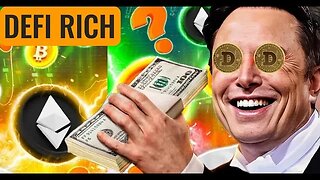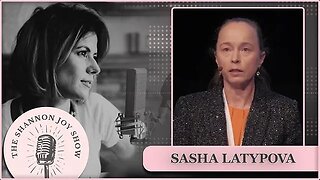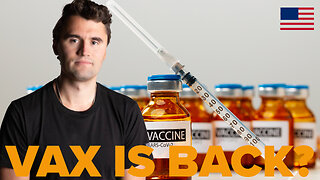The Economics of DIY Bio Hacking
As the 21st century pushes boundaries, a groundbreaking shift is silently taking root, not in Silicon Valley boardrooms, but in garages, basements, and makeshift labs. Welcome to the world of DIY genetic engineering, where the blueprint of life is no longer the exclusive domain of expert scientists but is increasingly accessed and altered by amateur biohackers. In this radical landscape, we're not just coding software; we're 'biohacking' life.
Biohacking might sound like a term straight out of a sci-fi novel, but it's a present-day reality. Imagine plants engineered to glow like nightlights, yeast manipulated to produce biofuels, or even personalized medicine crafted in one's kitchen. What was once complex and costly is now simplified and democratized, largely thanks to innovations like CRISPR-Cas9, a revolutionary tool allowing precise genetic edits with unprecedented ease.
But why the sudden fascination with DIY biology? For many, it’s the allure of pioneering uncharted territories, the thrill of discovery. For others, it’s about democratizing science, breaking free from institutional gatekeeping. There's a growing community of these bio-enthusiasts, congregating in community labs and online forums, sharing knowledge, techniques, and results. They’re not just hobbyists; they're visionaries foreseeing a future where bespoke biological solutions are the norm.
This democratization, however, is a double-edged sword. On one hand, it has the potential to spur grassroots innovations. Biohacks could disrupt industries, from tailored crops that cater to local climates in agriculture to decentralized pharmaceutical endeavors producing localized medicine. The economic ramifications are immense. We could be on the precipice of a bio-economic boom, where biohacked solutions drive market trends.
But the other edge of that sword is sharper, more contentious. The power to alter life brings forth a myriad of ethical dilemmas. If one can biohack a plant to glow, what stops them from creating invasive species, or pathogens? Is it ethically justifiable for individuals to have the unchecked power to 'play god'? Beyond the philosophical, there are tangible concerns: potential ecological imbalances, biohacked organisms escaping controlled environments, or even bio-terrorism.
These concerns naturally lead to the clamor for regulation. But how does one regulate a decentralized, global movement? Traditional regulatory mechanisms, designed for large institutions, falter when faced with the fluid, dynamic world of DIY biohacking. The balance between fostering innovation and ensuring safety is precarious.
Tthe rise of DIY genetic engineering is emblematic of our era's broader themes: the decentralization of power, the democratization of knowledge, and the intersection of ethics, economy, and technology. As we stand on this brave new frontier, one thing is clear: the future is not just about who codes our software but about who codes life.
-
 8:37
8:37
MYSTERIOUSREALITIESNOW
7 months agoUnraveling the DeFi Revolution
159 -
 2:40:45
2:40:45
Russell Brand
5 hours agoBREAKING: IRAN PRESIDENT DEAD! Murder or accident? - Stay Free #369
154K336 -
 LIVE
LIVE
Tommy's Podcast
1 hour agoE458: CraigTV
550 watching -
 49:37
49:37
TENET Media
3 hours agoWinston Marshall Tricks Nancy Pelosi to Humiliate Herself | Dave Rubin & Isabel Brown
26.2K23 -
 LIVE
LIVE
IrishBreakdown
3 hours agoNotre Dame Recruiting Hour: Gordy Sulfsted Commits, DL Recruiting Talk
403 watching -
 1:44:18
1:44:18
OFFICIAL Jovan Hutton Pulitzer Rumble
3 hours agoLooking Back On Lockdowns and Disruptions In Our Supply Chain and Lives
21.4K9 -
 LIVE
LIVE
Major League Fishing
4 days agoLIVE Bass Pro Tour, Heavy Hitters, Day 3
401 watching -
 2:57:43
2:57:43
The Shannon Joy Show
9 hours ago🔥LIVE W/Sasha Latypova! Commissioned By Pentagon-COVID Was An Inside Job & The Shots Are Bioweapons
29.5K24 -
 2:55:20
2:55:20
The Charlie Kirk Show
3 hours agoWhy the Vax is Back + Debate Prep + Cohen Robs Trump | Davis, Hassam-Nahoum, MacArthur | LIVE
70.3K50 -
 1:20:38
1:20:38
vivafrei
4 hours agoMichael Cohen STOLE from Trump! Liberal Gaslighters! Butker's Graduation Speech & MORE!
43.6K51